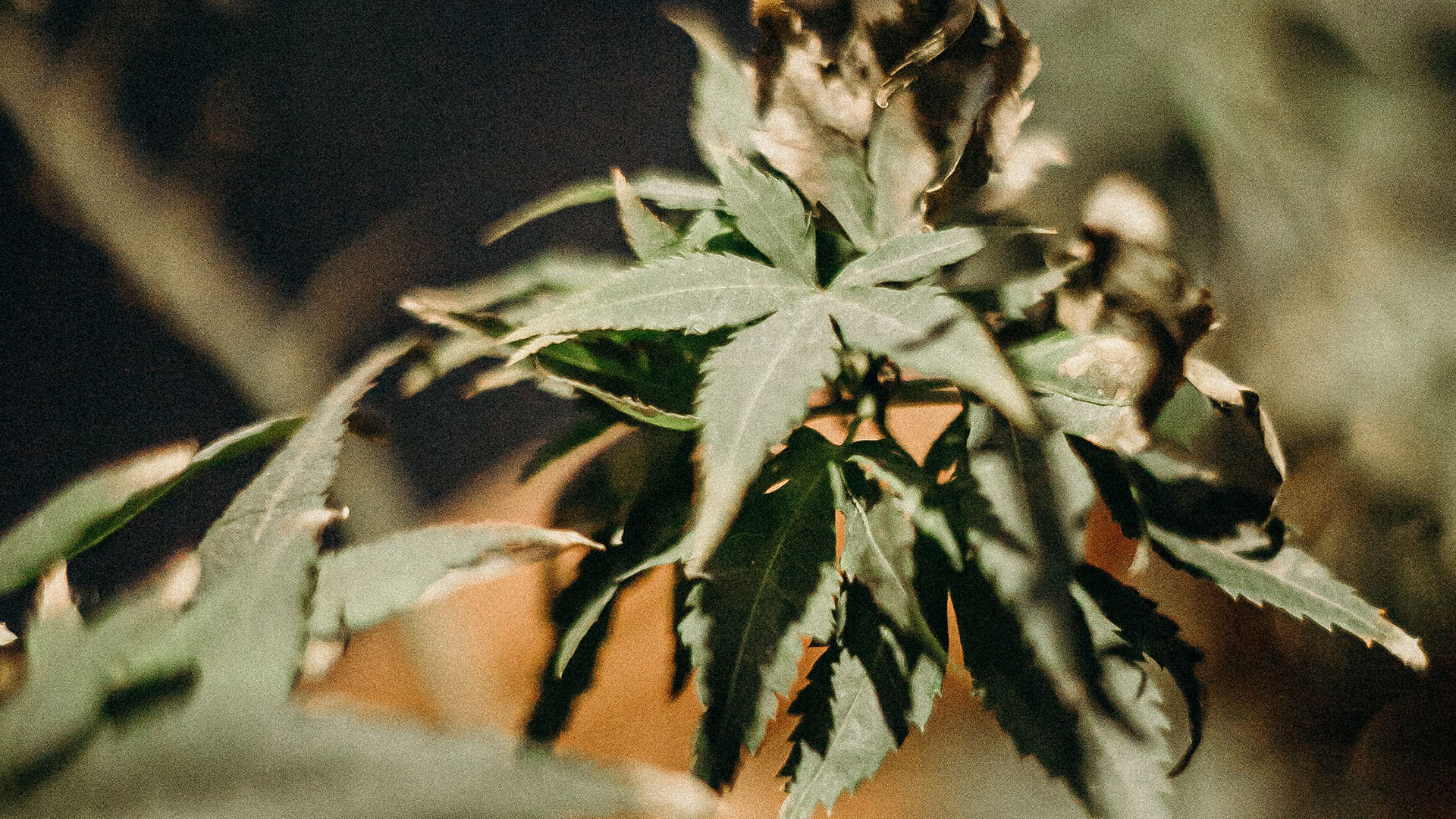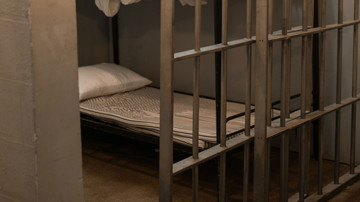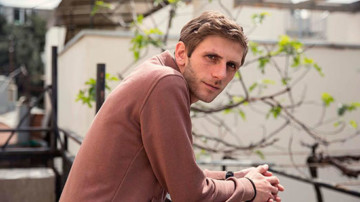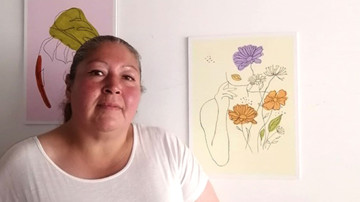
Mario Cerdas is a 63-year-old man from the Alajuela canton in Costa Rica, where he has lived all his life and where he had no major problems with the state until 2013, when he started a small cannabis crop on his balcony.
Mario studied law, so before starting to grow more, he decided to study Costa Rican and international drug legislation, finding that the horticultural cultivation of cannabis for personal consumption is not considered a crime in this country.
Even so, from these first crops, the police were already watching him and in less than a year they raided his house five times and destroyed his entire crop. Mario defended himself and managed to prove his innocence, until in a sixth arrest his defence was not admitted and he was remanded in custody for 5 months.
This was the first trial Mario had to endure, where he was accused of selling marijuana, without any proof. Criminal justice operators said he could not be a ‘user’ because he did not ‘have stained fingers and teeth’. The stigma and public discredit were not enough to convict him, and thanks to the support of the Public Defence Office, he was finally acquitted on this first occasion.
After this judicial process, Mario became a public and central figure in the Costa Rican cannabis movement, a situation that infuriated the Public Prosecutor’s Office even more, so it continued appealing the sentence and mounting a real judicial persecution.
The criminal investigation of Mario escalated to the point that in 2018 the police were continuously monitoring him, following him and the people who visited him at his home, tapping his phone and even sending him a ‘provocateur’ with a hidden camera who invented stories about his supposedly ‘sick mother’, in order to manipulate him into giving him with cannabis.
From these violations of his privacy and illegal recovery of evidence, the judicial police presented a manipulated report to incriminate Mario, which was enough evidence to sentence him to 8 years in prison in 2020.
This is an unprecedented case against a cannabis activist in this country, where the Costa Rican state has persecuted, incriminated, and imprisoned Mario for a senseless revenge.
The psychological and physical impact that Mario and his family have been suffering for more than 8 years is incalculable; to the extent that the State wants to expropriate his office and house, as he has even been defamed as a ‘trafficker’.
There are plans to take the case to international bodies such as the Inter-American Commission on Human Rights, as all national judicial options are about to be exhausted, in a ‘war on drugs’ context.
It is clear that the Costa Rican state has used extreme and disproportionate practices against a drug user who did no harm to anyone, and that it has no interest in protecting the right to personal autonomy and free development of the personality of adults who decide to use cannabis in this country.
Mario’s case is a wake-up call to democratic institutions and shows the limits of punitive power. Drug control policies should protect public health, rather than criminalising people who use drugs, let alone persecuting and imprisoning activists who only seek safe access to medical cannabis and responsible adult use.
Mario’s story was compiled by Ernesto Cortés (Costa Rican Association for Drug Study and Intervention – ACEID). This story has been translated from Spanish and edited for clarity.
More stories from Costa Rica
More stories about Proportionality & Criminal Justice



